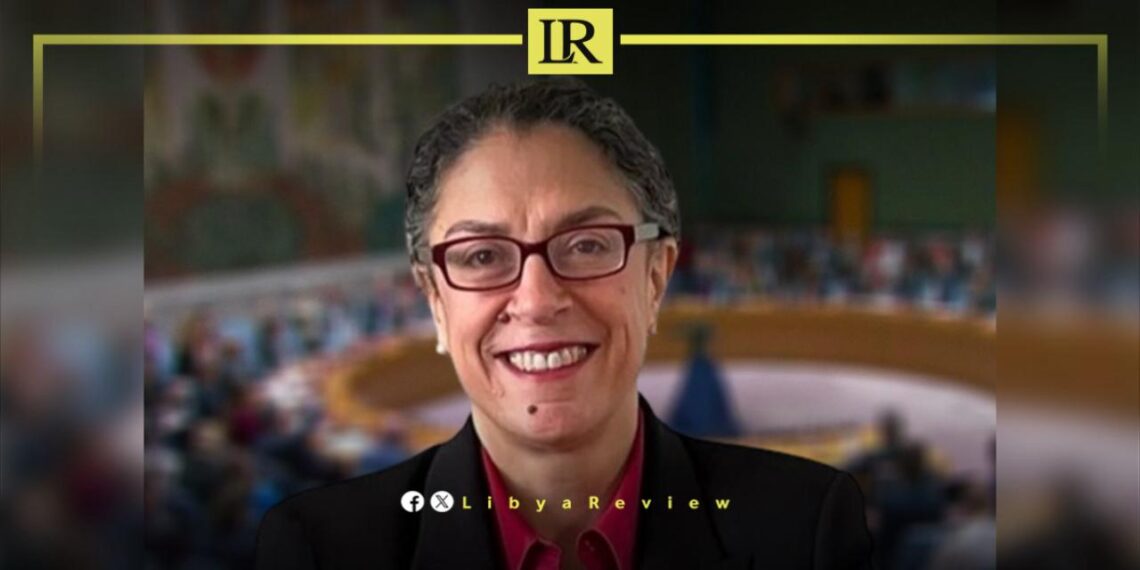On June 19, Stephanie Khouri, the Acting Head of the United Nations Support Mission in Libya (UNSMIL), will deliver her first briefing to the UN Security Council. The Security Council Report website made the announcement.
In her briefing, Khouri will address the Security Council members on Libya’s latest political, security, and humanitarian developments. The session will also include consultations regarding the international sanctions imposed on Libya, with Japan’s representative, Kazuyuki Yamazaki, Chair of the Libya Sanctions Committee, providing an overview of the committee’s activities.
The Security Council Report highlighted that the primary focus for the council is to support the political momentum toward holding national elections to unify Libya’s divided governments. A key objective is to foster a common political ground among the competing legislative bodies in the country to agree on electoral laws. This goal was strongly advocated by former UN envoy Abdoulaye Bathily, who urged council members to leverage their influence over Libyan stakeholders.
According to the report, broader geopolitical tensions continue to influence the council’s dynamics concerning Libya. The United States and other Western members remain concerned about the reported increase in Russian presence in eastern Libya, an area controlled by Khalifa Haftar. Conversely, Russia accuses Western nations of attempting to exploit Libya’s oil reserves for economic gain.
Libya has been in chaos since a NATO-backed uprising toppled longtime leader Muammar Gaddafi in 2011. The county has for years been split between rival administrations.
Libya’s economy, heavily reliant on oil, has suffered due to the ongoing conflict. The instability has led to fluctuations in oil production and prices, impacting the global oil market and Libya’s economy.
The conflict has led to a significant humanitarian crisis in Libya, with thousands of people killed, and many more displaced. Migrants and refugees using Libya as a transit point to Europe have also faced dire conditions.
The planned elections for December 2021 were delayed due to disagreements over election laws and the eligibility of certain candidates. This delay has raised concerns about the feasibility of a peaceful political transition.
Despite the ceasefire, security remains a significant concern with sporadic fighting and the presence of mercenaries and foreign fighters. The unification of the military and the removal of foreign forces are crucial challenges.


